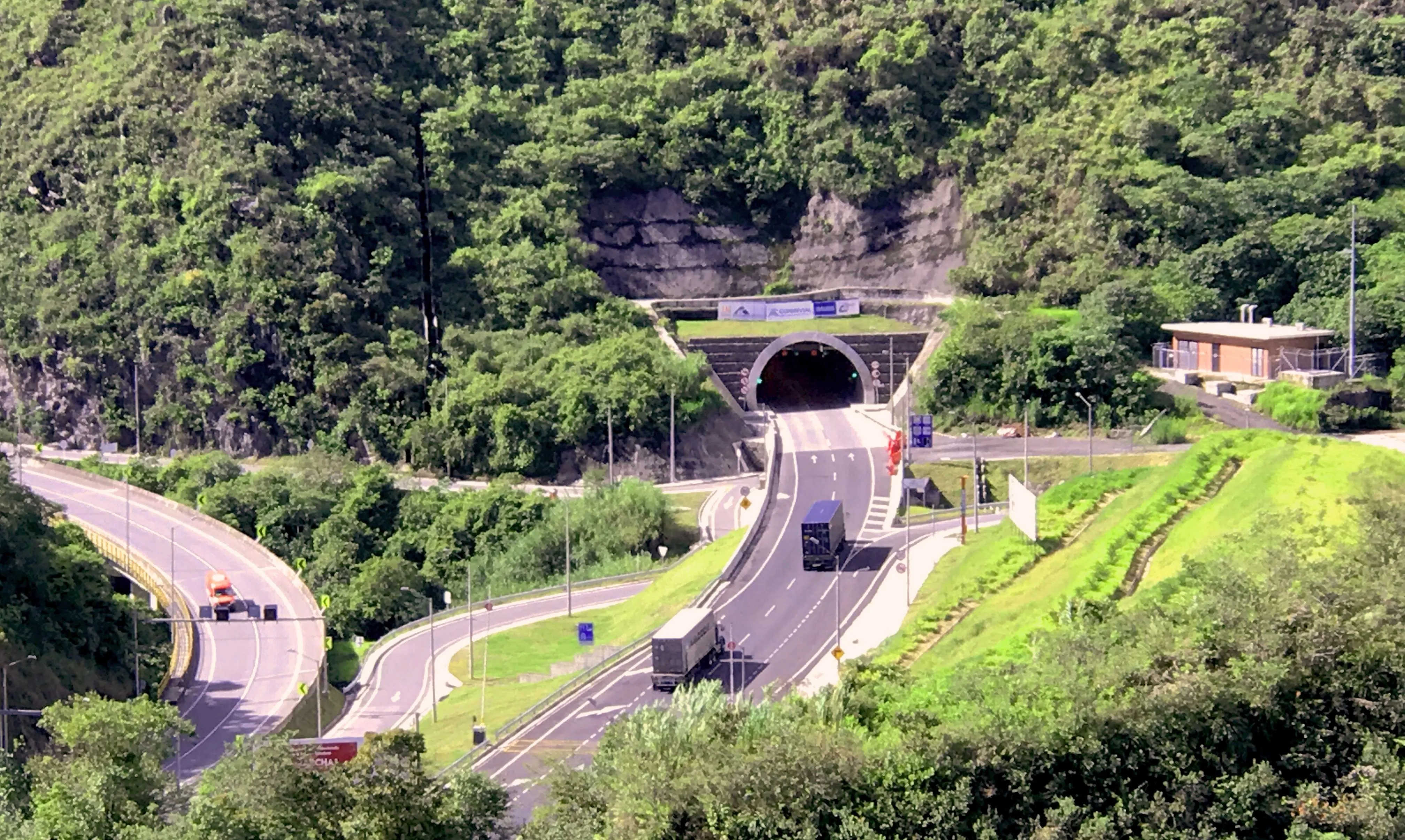
Indra has provided ITS for a massive road and tunnel project in Colombia.
Consorcio Vial Andino (Conandino), builder of the new freeway between Chirajara and Fundadores, awarded the project to the Indra-Comsa consortium for €20 million.
Indra has equipped the new tunnels and open-air roads of the Bogotá-Villavicencio corridor final section in Colombia with its Mova Traffic solution.
The company has renovated the Buenavista control centre, installing its Horus traffic and tunnel management platform, part of Indra Mova Traffic, to control the new section and its six tunnels, including the 4.5km-long Buenavista, one of the longest tunnels in Latin America.
As well as ITS, the consortium will also implement communications systems (Mova Comms), safety systems (Mova Protect), CCTV, traffic counters, road signs, emergency call boxes, fire detection, lightning control and PA systems, among others.
Indra has also upgraded and expanded the existing toll stations (Boquerón, Naranjal and Pipiral), implementing the Mova Collect toll system in a bid to reduce congestion at these points.
The Buenavista control centre, together with the main control centre in Boquerón and the one in Naranjal, also allow centralised monitoring and control of the entire concession with a single interface.
Indra's Horus platform already handles the management of the 27 tunnels that are part of the Bogotá-Villavicencio dual carriageway, a highway with more than 12,000 vehicles per day. The new section will reduce travel time along this corridor, used mainly by the tourism and freight sectors, by an additional 22 minutes.
"It is a good opportunity to showcase our advanced technology and Indra's ability to carry out the most ambitious and complex projects. But the true value of technology is to contribute to economic and social development and improve people's lives. In this case, we are sure that the freeway and its advanced solutions will do that," said Manuel López Villena, Director of Traffic and Infrastructures in Indra's Mobility market.









